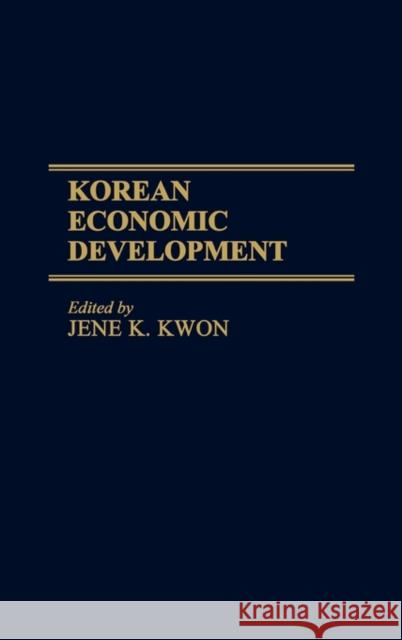Korean Economic Development » książka
Korean Economic Development
ISBN-13: 9780313263439 / Angielski / Twarda / 1990 / 472 str.
Over the past three decades, South Korea's economic performance has bordered on a miracle. Few economies have achieved such spectacular growth in such a short period of time. Korea's development process provides a sharp contrast to the lackluster growth experienced by many other developing economies and represents several unique characteristics even in comparison with its neighbors Japan and Taiwan. At the same time, certain aspects of its development remain minor mysteries requiring further examination and scrutiny. At the very least, the meteoric rise of a small economy and its people to international prominence after centuries of obscurity, disenfranchisement, and privation, deserves careful investigation and worldwide attention.
This collection of 24 original essays focuses on the economic policies that led to the rapid transformation of the Korean economy. Among the salient features of the Korean experience dealt with by the contributors are development policies and the record of development; export policies--exchange rate, import liberalization, factor price distortions, and changing comparative advantage; production technology and total factor productivity; macroeconomic perspectives; conglomeration, business concentration and management practices; income distribution and labor issues, and urban and regional policies. Throughout the book, the role of the government in the development process and the dominance of large businesses in the economic sphere are analyzed extensively. In seeking to trace the relationships among various economic factors and to provide some insight into the process of economic development, this volume marshalls a considerable array of statistics and institutional descriptions as a background for analysis. This book will be welcomed by those studying economic development in general and the East Asian economy in particular as well as by those currently engaged in dealing with Korea.











